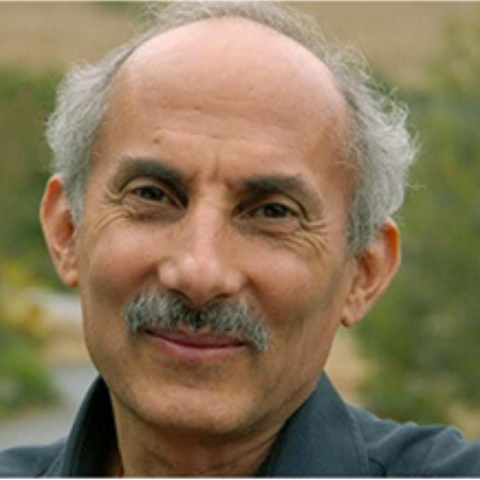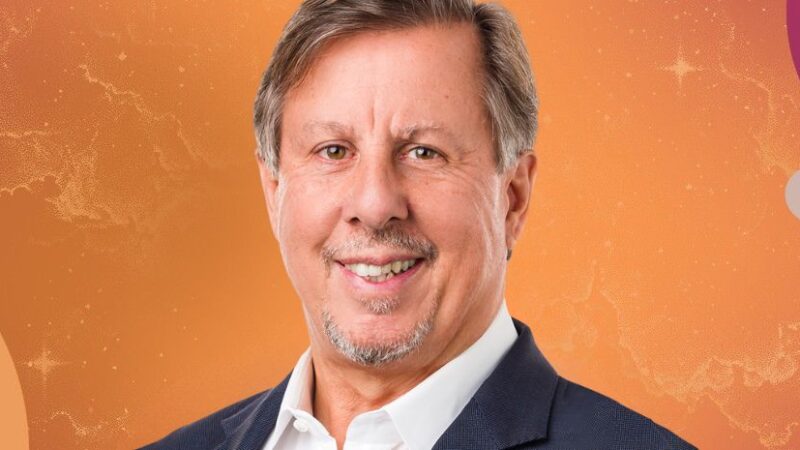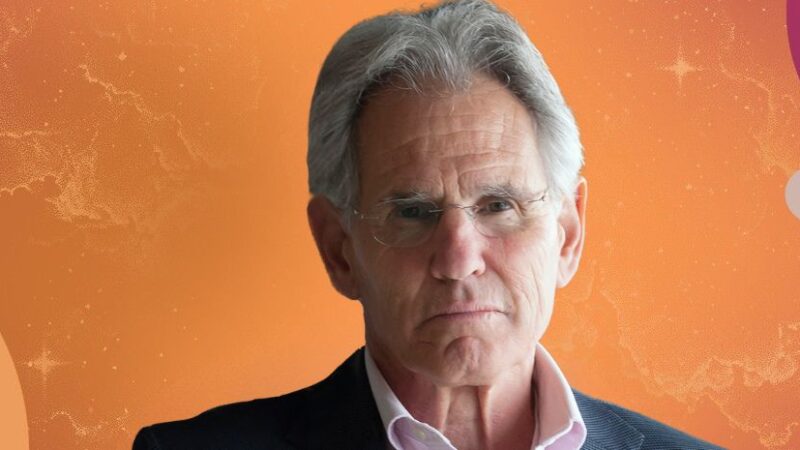Mindful awareness creates scientifically recognized enhancements in psychology, mental functions, and in our interpersonal relationships. But how can we integrate this information into our personal or professional lives? In the Mindfulness and the Brain online course, Jack Kornfield, PhD, and Dan Siegel, MD, offer theoretical and experiential teachings on the power of inner transformation and the cultivation of a wise and loving heart. With thoughtful dialogue and practical tools, this interactive professional development training offers therapists, healers, educators, parents, meditation practitioners—and anyone else interested in developing a healthy mind—an intriguing exploration of what it means for us and our world to be able to shift our awareness.
Complete with memorable anecdotes and real-life stories that illustrate key concepts, Mindfulness and the Brain offers a comprehensive training with specific learning objectives including: utilizing mindful practice to help reduce suffering and promote resilience; how a “resonance circuit” enables an individual to attune to oneself and others; and incorporating intrapersonal attunement to catalyze mental, interpersonal, and psychological well-being. Via weekly video downloads, you’ll receive more than seven hours of progressive insights and teachings from these renowned experts as well as seven different practices and exercises on audio to use in your personal or professional life. To deepen your learning, two live interactive Q&A sessions will be offered with Jack Kornfield and Dan Siegel.
From thorough explanations of scientific findings and down-to-earth Buddhist perspectives to moments of stillness and laughter, Mindfulness and the Brain invites you to discover a more integrated and connected way of knowing and developing a wise and loving heart.








